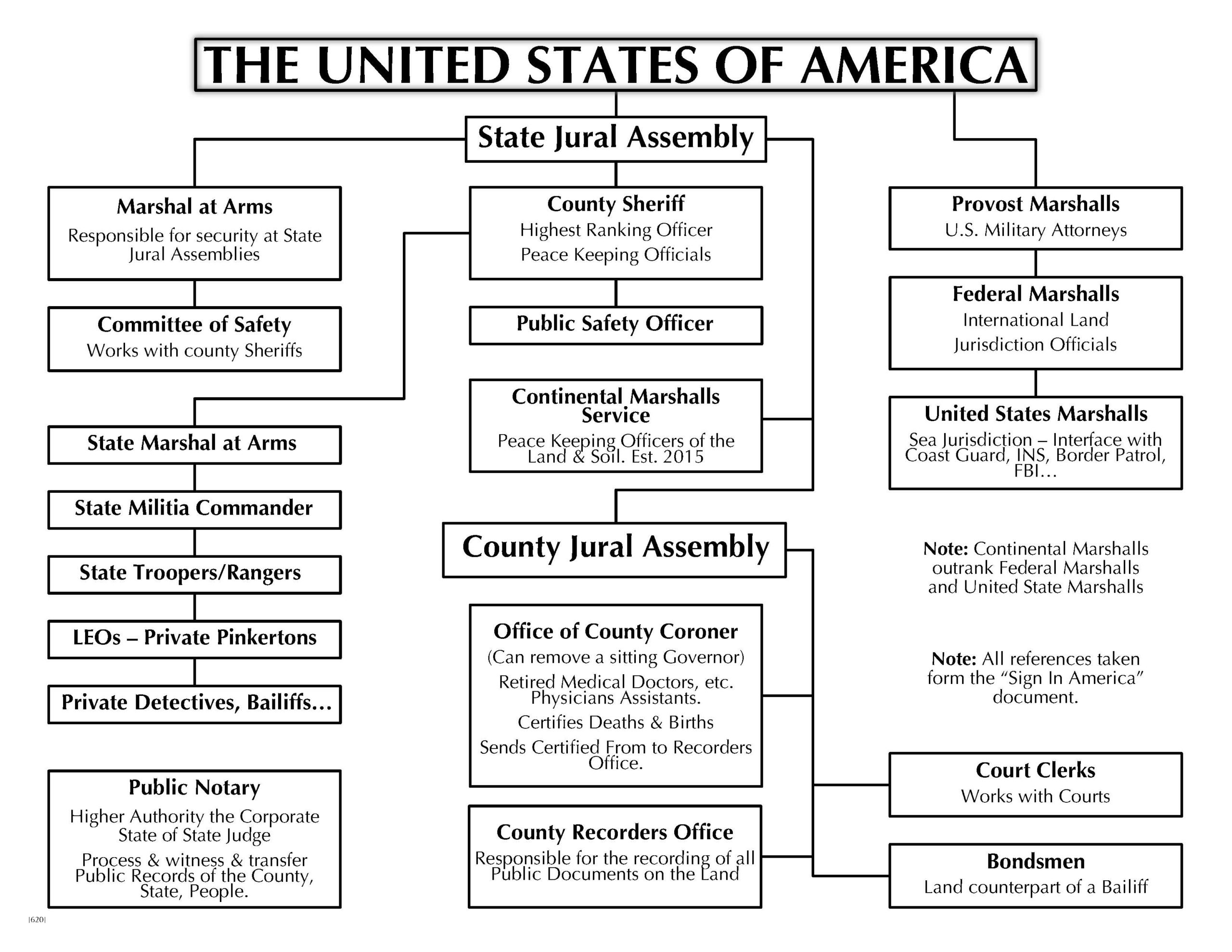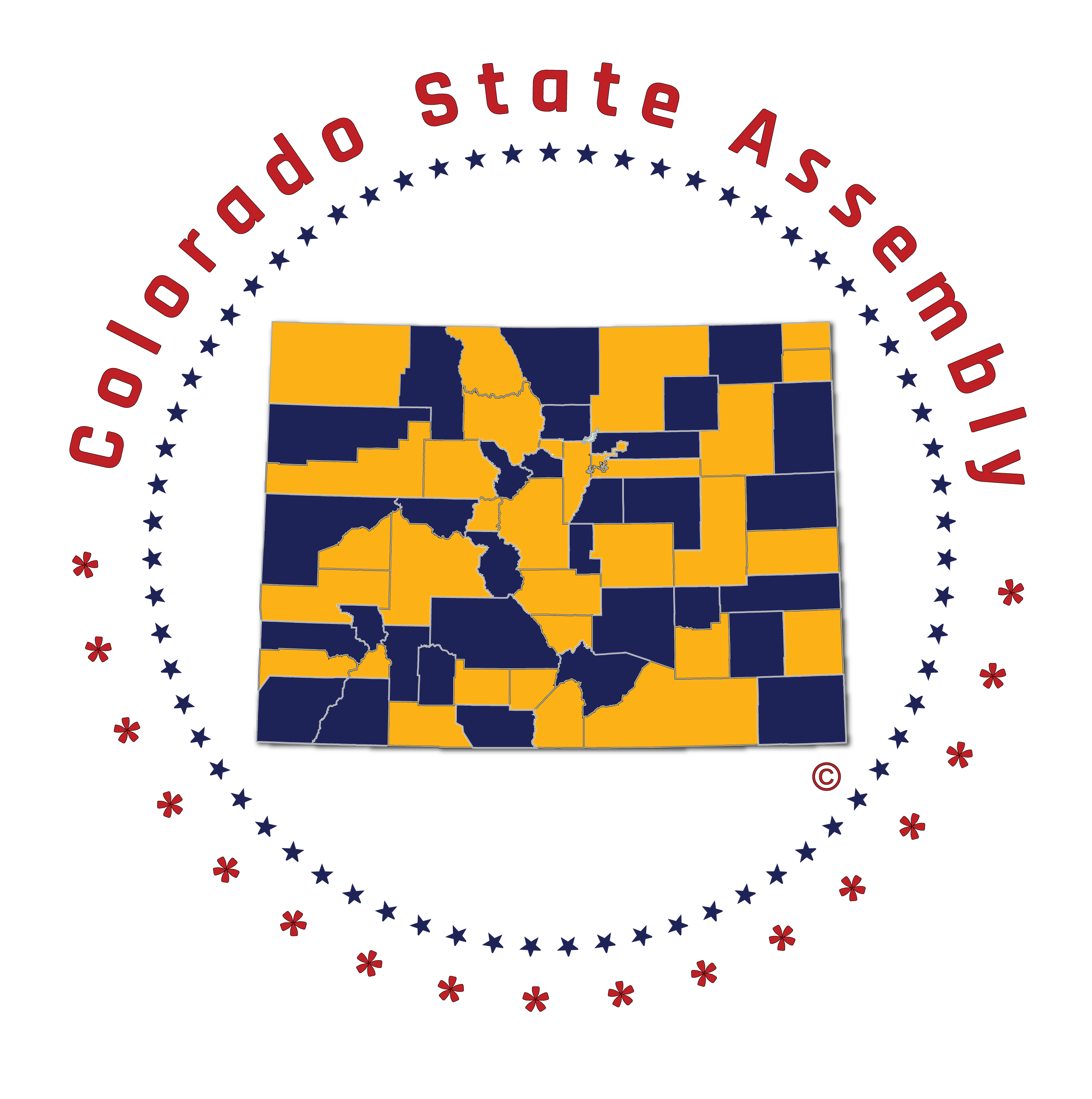[wpseo_breadcrumb]
the general assembly
We are exercising our Natural and unalienable rights to peacefully assemble. You must claim your right if you want to have it. Assembly decisions are supposed to be made by you. It’s primary responsibility is to protect you and your property assets at all costs and against all comers. That’s why governments exist.
The American States Assembly is setting basic framework and benchmarks to ensure that the State Assemblies are correctly populated and that the Assembly Members are protected. They are ensuring that all the Assemblies associated with them have secure standing to operate as valid State Assemblies. The State Assemblies engage in the lawful and original jurisdiction to secure the rights of Americans.
The State General Assembly is composed of Electors — both State Nationals and State Citizens who live within the borders of their State can serve as Electors of the General Assembly. On the grounds that the land and soil are inextricably combined, eligibility as a soil jurisdiction republican state national or citizen automatically qualifies one to be a State National or State Citizen, and for practical purposes people from the republics act as People representing their State in international jurisdiction so that both land and soil are populated at the same time and by the same people, only some of them are further tasked to do business for the State.
General Assembly meetings are, generally speaking, public meetings. If the General Assembly wishes to conduct any private or sensitive intrastate business, they simply divide the agenda and close that portion of the meeting, so that only State Nationals and State Citizens participate. All State Nationals and State Citizens are allowed to attend all General Assembly Meetings.
All American Nationals and State Citizens can participate in General Assembly Meetings. Exercise your right to peacefully assemble and let your voice be heard. Together we address State and local concerns The missing part of the government is You.
Just as we hold General Assembly Meetings, each county will hold their County General Assembly Meetings:
- Call a meeting
- Hold elections
- Organize and populate the missing government
- Create a jury pool
- Self-govern.

the international business assembly
The State International Business Assembly is elected at the State General Assembly as one of the first acts of the State General Assembly each year. The State International Business Assembly continues to function throughout the year and is enabled to conduct routine business for the State, including issuing Public Notices, conducting elections, overseeing use and sale of State resources such as timber sales and public land leases, preparing ballot initiatives for the General Assembly, and serving as an interface for communications with the Federal Government — including direction of the Federal State of State Corporation, once we get organized to complete the Reconstruction of the Federal States of State.
The State International Business Assembly also has the power to call the State General Assembly into a Special Session if needed. State International Business Assemblies are basically committees of astute businessmen who have a State Assembly Chairman and a State Treasurer and a State Secretary and State International Business Assembly Members from the land districts within the State. These are called Postal Areas today to delineate them from the sea-going Postal District.
Assembly members are elected annually to serve in the International Business Assembly.

the jural assembly
The State Jural Assembly examines judicial issues concerning the People of the State and the enforcement of the Public Law, including enforcement of the Constitutions and running the People’s Court and elections related to the Courts and Peacekeeping functions and officials.
Unlike the State General Assembly, the State Jural Assembly runs all year long and pretty much twenty-four hours a day, seven days a week. The State Jural Assembly, like the State General Assembly, is composed of qualified Jurors who are State Citizens and State Electors, that is, people of the republican states who have volunteered to serve the State Government in the capacity of Jurors. Jurors are typically not paid unless they are called to serve as part of a jury, either a Grand Jury or a Trial Jury. Sheriffs and Justices, both State Justices and Justices of the Peace, Clerks, Bondsmen, Coroners, and other elected and hired members of the People’s Court are paid either a monthly salary or on a case by case basis, or as agreed upon.
As part of the Jural Assembly, everyone serves as a Juror and is a member of the Jury Pool.
- State Nationals and State Citizens are both eligible to decide cases involving in-State issues. Additionally, State Citizens alone hear cases involving international subject matter.
- Jural Assembly meetings are Special Meetings organized by active members of the Jural Assembly. All qualified Jurors are able to serve on both the Grand Jury, Trial Juries, or as officers of the courts.

the militia
The State Assembly Militia is the “well-regulated” militia that each State is guaranteed — and it is the peacekeeping and emergency response force responsible for protecting the people of your State from foreign invasion and natural disasters.
Actual State Militias are not the same as State of State Militias.
State Militias are manned by State Citizens who are members of the State Jural Assembly. Their focus is community safety and preparedness on a statewide basis. Members are taught firearms safety, marksmanship, first aid, and train in one or more specialties.
In the event of attack or natural disaster, the State Militia Commanders can call upon one or more County Militias for assistance. They can also call upon the “State of State” Militias, the State of State “National Guard” and the local U.S. Military Commanders for assistance.
The actual State may employ additional peacekeeping Public Safety Officers, whose duty is to uphold the Public and Organic Law in places and in situations where the people of the State (State Nationals) need protection or assistance. These local State peacekeeping forces have traditionally gone by a variety of names — Troopers and Rangers, for example. Like their counterparts, these men and women derive their authority directly from the State Jural Assembly and while on State land, they traditionally have absolute peacekeeping authority over everyone but the County Sheriff and in some States, the State Militia Commander.
Assembly Militias often meet before or after General Assembly meetings, but many also maintain a weekend schedule for training and conducting business unique to the militia. All able-bodied members of the Assembly between the ages of 21 and 65 are expected to actively support their militia in one way or another, either as active militia or acting in support, supply, communications, and administrative positions.
The state Militia Assembly are State Citizens who are eligible to actively support the Militia mission.
- Eligible State Citizens
- Attend Meetings
- Training Qualifications

